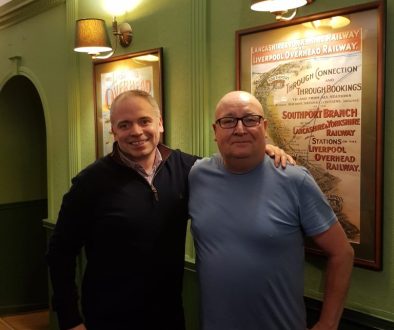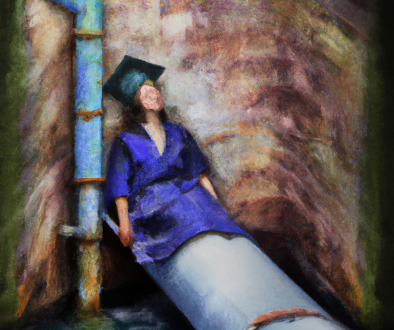Constellations, by Lou Mycroft
I’ve been working with constellations for the last six years, alongside my friend and co-conspirator Kay Sidebottom. It’s a philosophical concept which we find ways of operationalising practically. Our constellations have their roots in the joyful affirmative ethics of the 17th century optometrist Baruch Spinoza, channelled via Deleuze and Guattari in their disappointment after the 1968 Paris uprisings and reinvented by Rosi Braidotti and Maria Hlavajova. We have studied with Braidotti and Hlavajova for several years at Utrecht University summer schools, which, when we first attended, we could barely understand. But something about the high theory resonated and, over time, began to drive us.
Our belief in constellations sustained us through dark days when we were silenced and ignored by institutions. They blossomed in the work we do now, bringing educators together, where “teams’ are not forever, projects are time-limited and the work becomes the organisation, rather than the organisation being the work. People come together in ‘constellations of practice’, gathering around shared drive and energy for a limited period of time (and potentially working in several constellations at once.)”*
That’s why the metaphor of ‘constellations’ is so apt for this conference. We come together because of a shared aspect of our identities, making it easy to find things in common. That means we can quickly move onto difference, enabling our creative tensions to play out in new projects and ideas.
In a world where “the first thing fascists seize is the curriculum” (Braidotti, 2019) constellations of practice offer those present at the conference the opportunity to share our energies and move beyond our places of pain, together, without being co-opted, territorialised, or shamed out of the values we hold dear.
*Our words, from our chapter ‘Constellations of Practice’ in Bennett, P. and Smith, R. (2018). Identity and Resistance in Further Education. London. Routledge.
Braidotti, R. (2019). Posthuman Knowledges. Cambridge. Polity Press.

